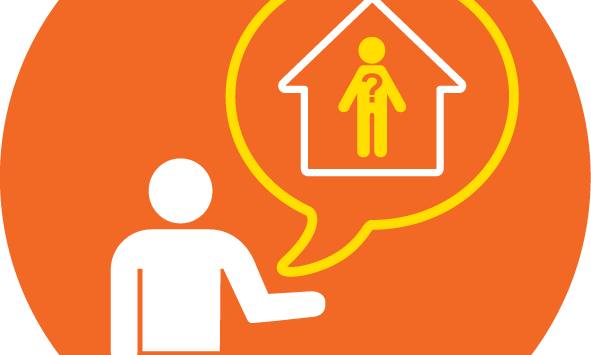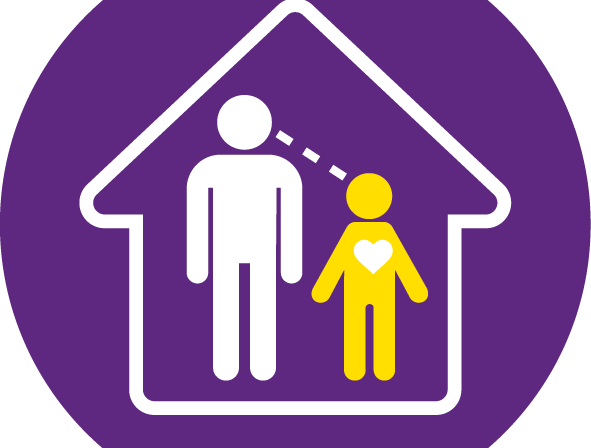Wood, M and Selwyn, J
Adoption & Fostering 2017, Vol. 41(1) 20–34
Improving the subjective well-being of all children has become a policy goal of national and international governments.
To meet this goal there have been substantial efforts to identify what makes a good life and to find ways to measure it. In the UK, the Children’s Society and Office of National Statistics (ONS) have involved children in identifying domains of subjective well-being and the indicators that measure those domains.
However, very little is known about whether looked after children identify the same domains and indicators as those identified by children in the general population. Here we report on findings from 18 focus groups with 140 looked after children and young people on what was important to their well-being.
This article reports specifically on the key areas of well-being identified by looked after children. The focus groups were the first stage of a project which has since used the findings to develop and pilot an online well-being survey for looked after children (work ongoing).
Although there was agreement with children in the general population about the importance of some domains of well-being (e.g. relationships), looked after children identified others specific to their situation (e.g. having a good understanding of their life history). The article therefore argues that there is a need for a specific well-being measure for looked after children.





